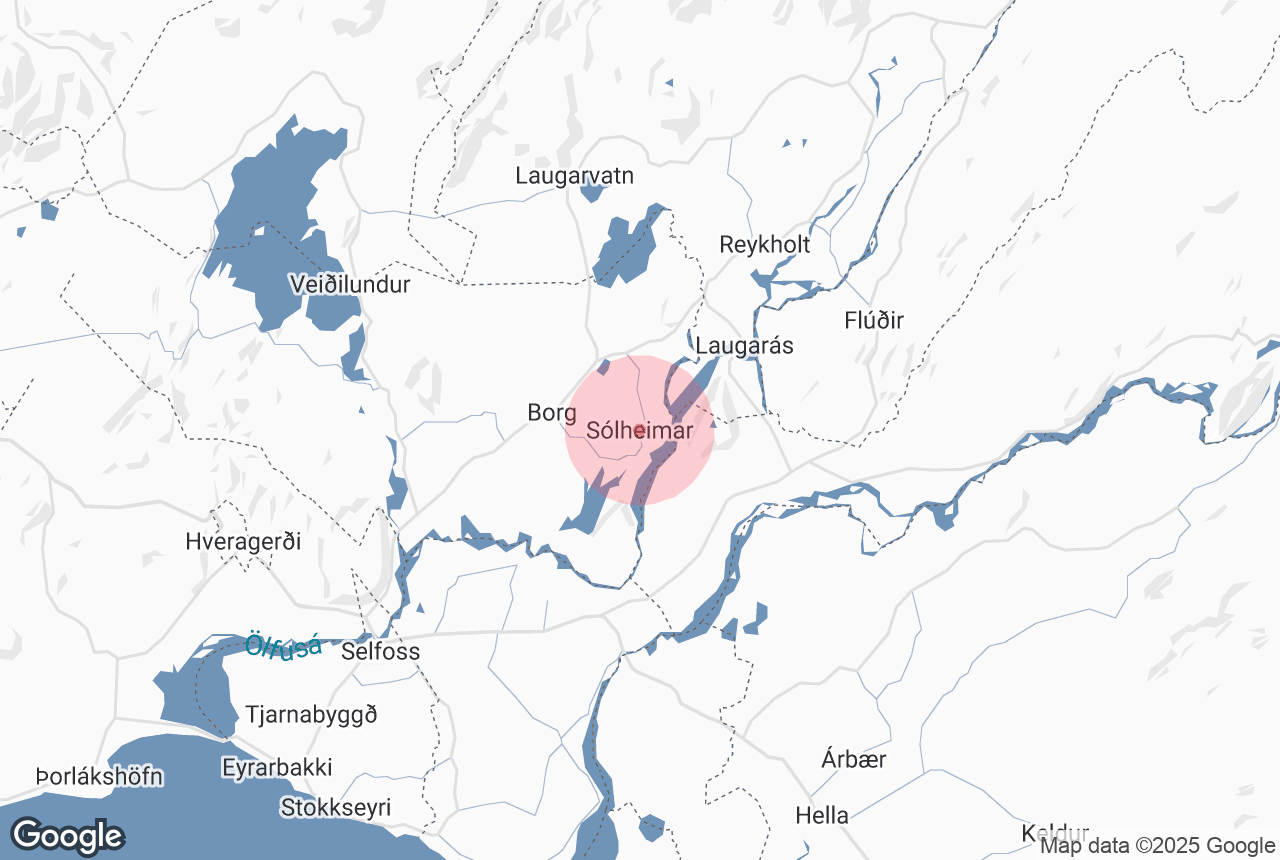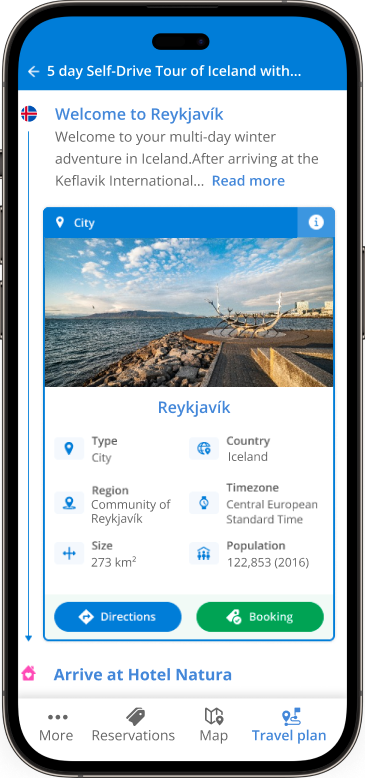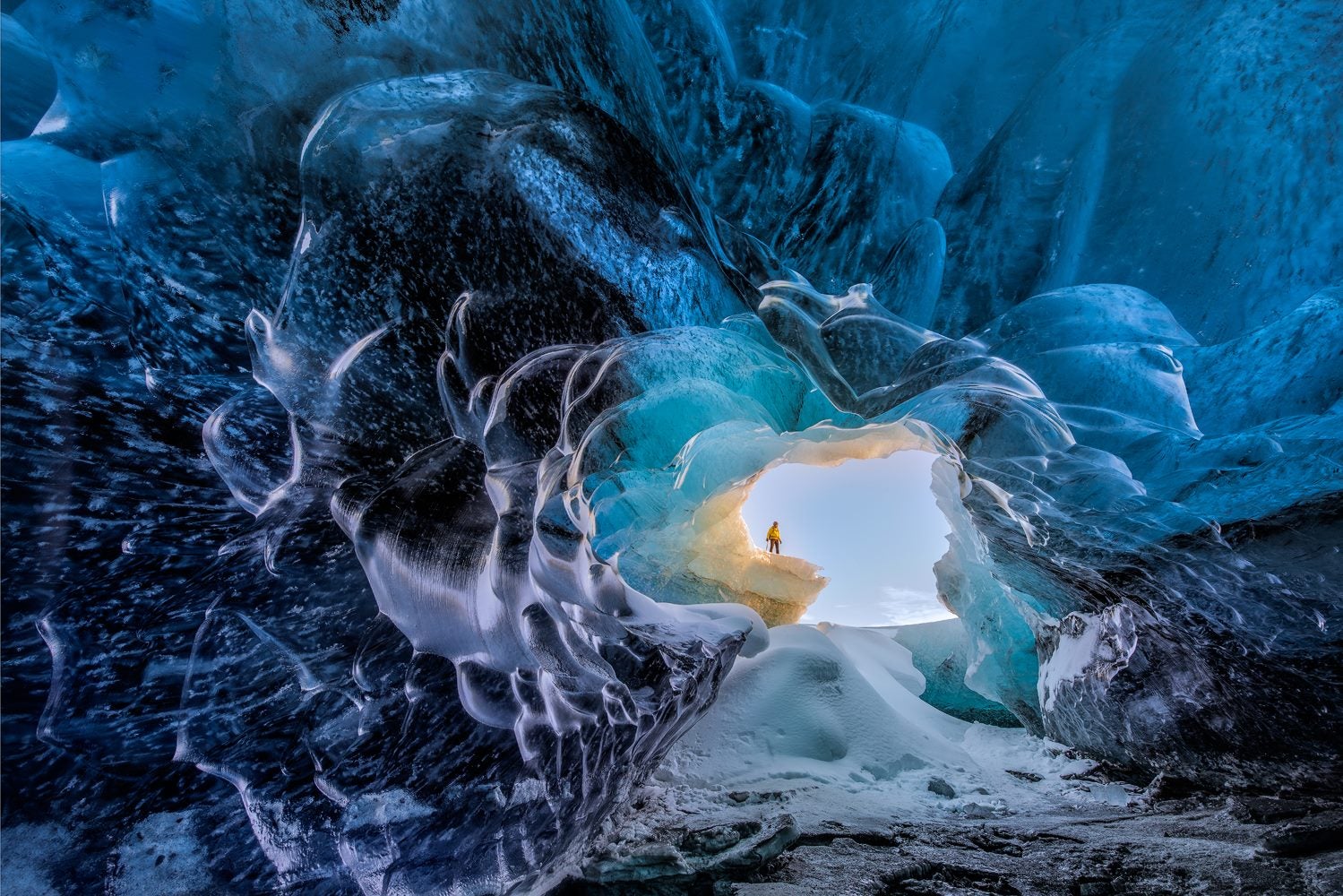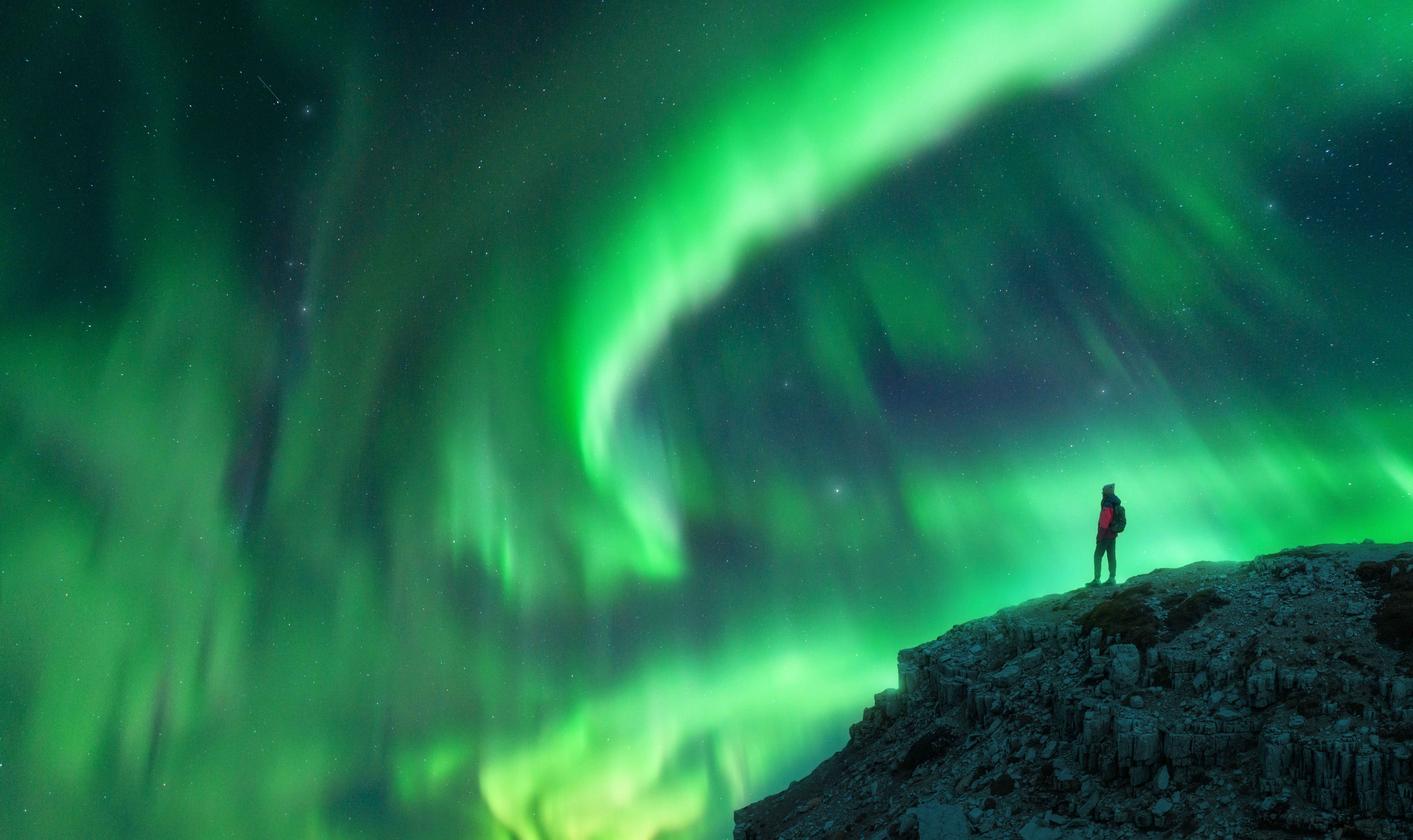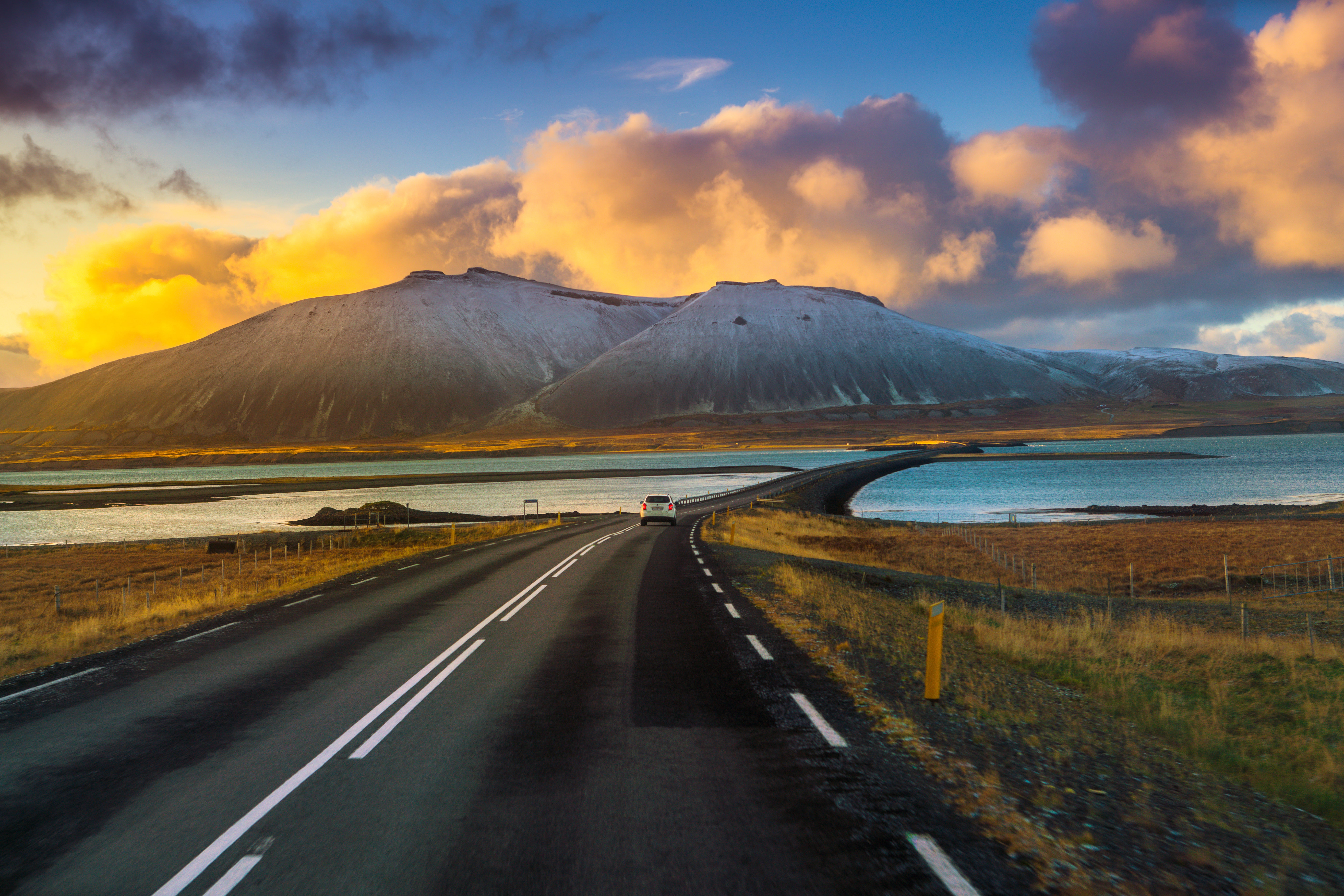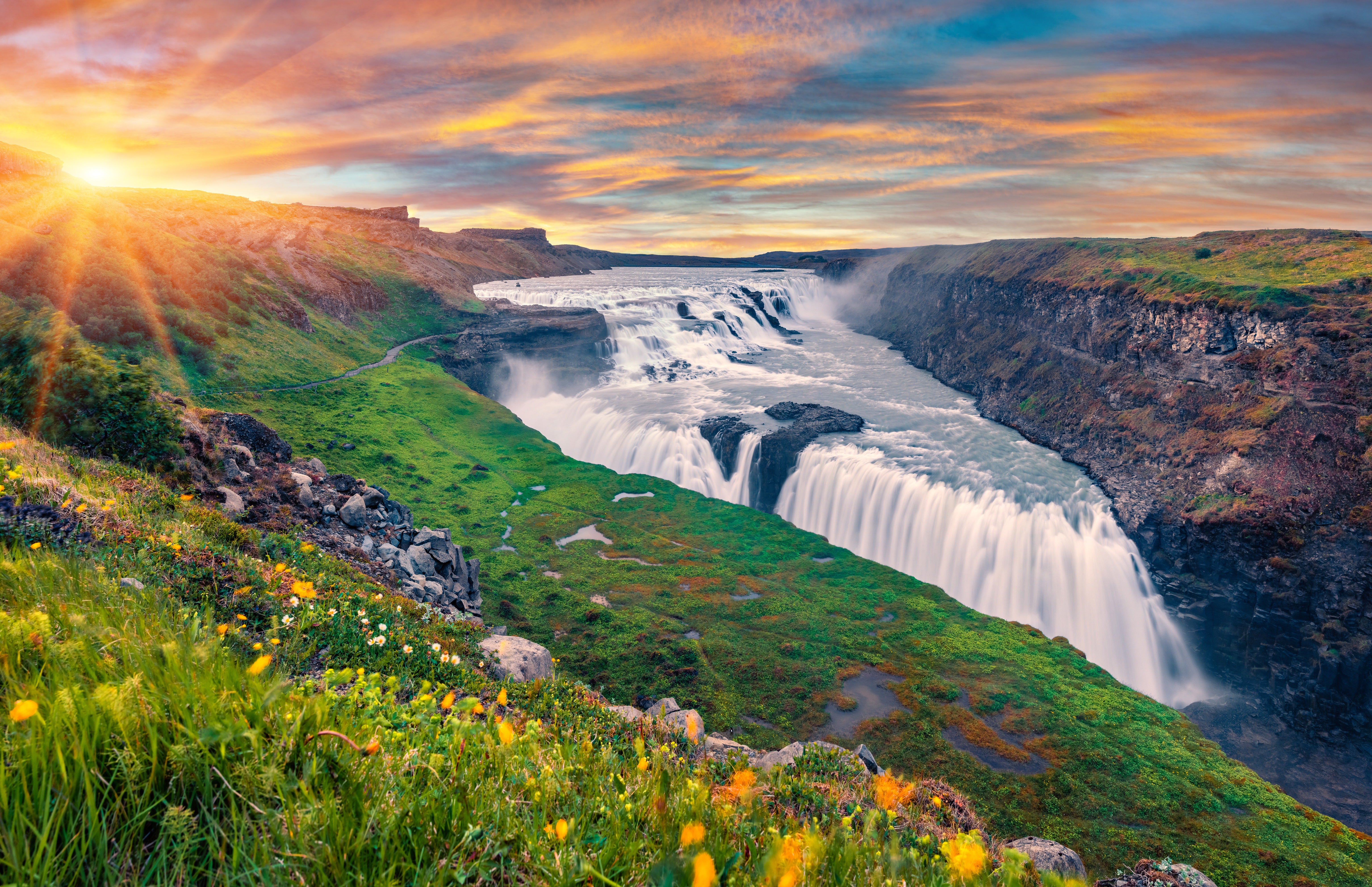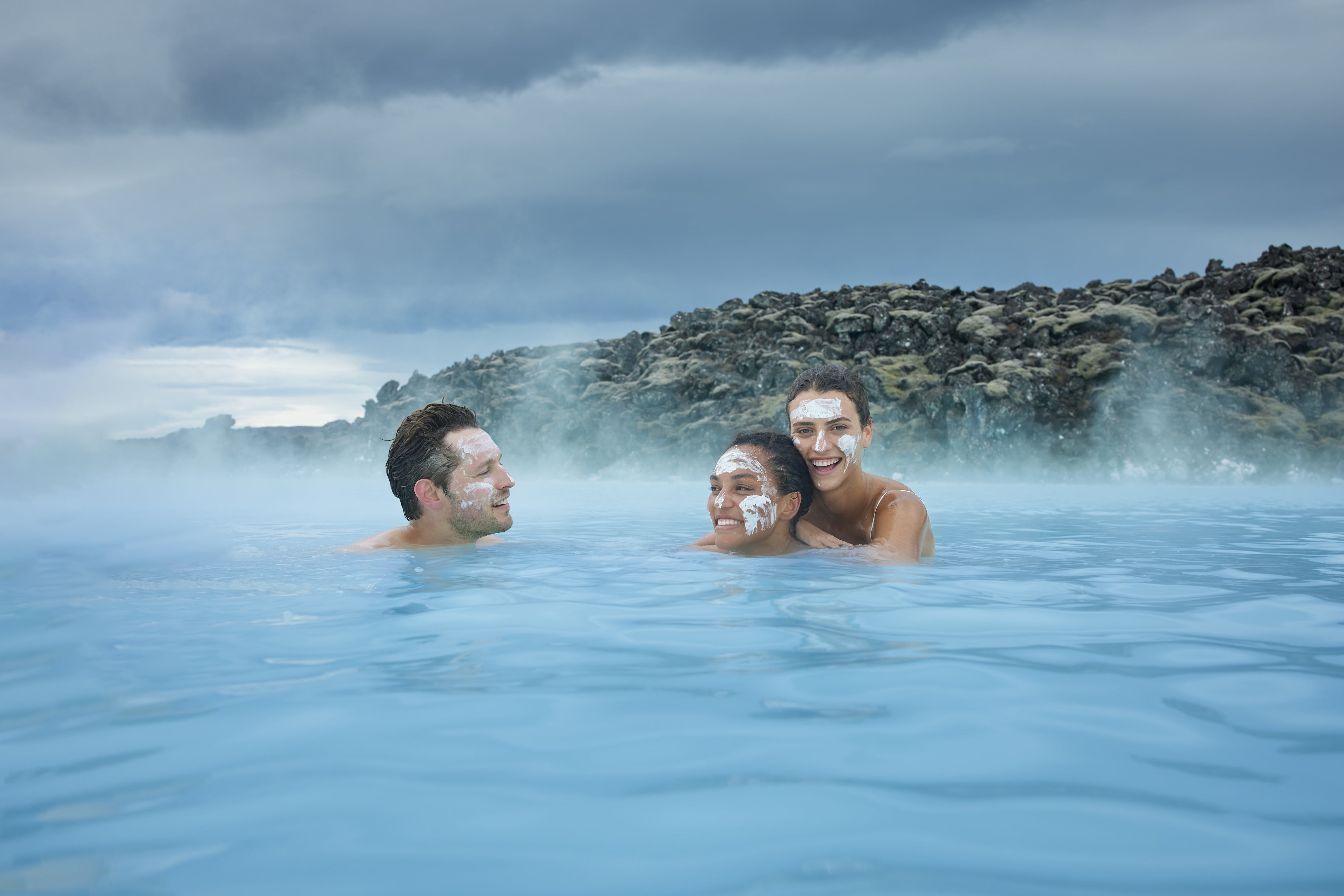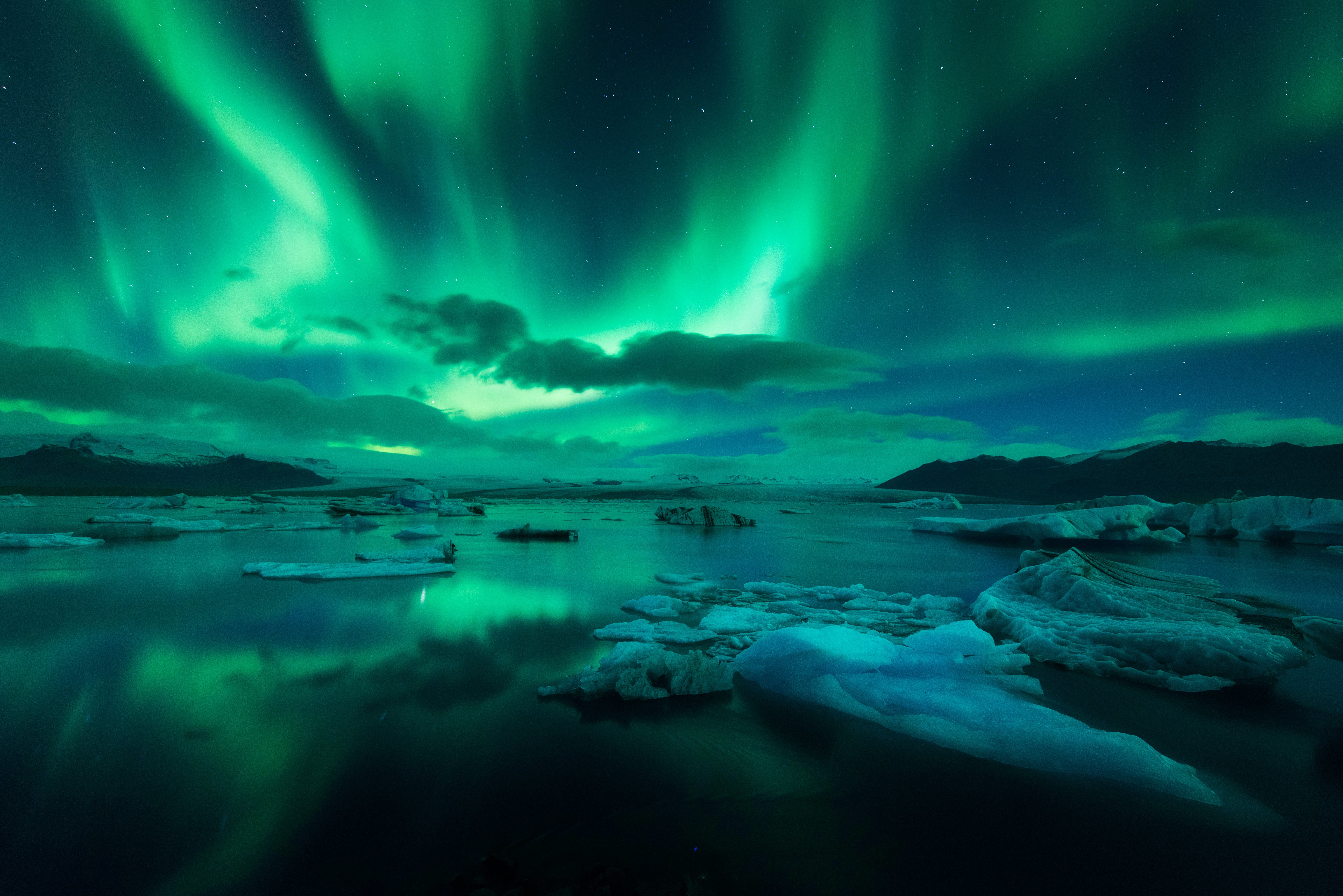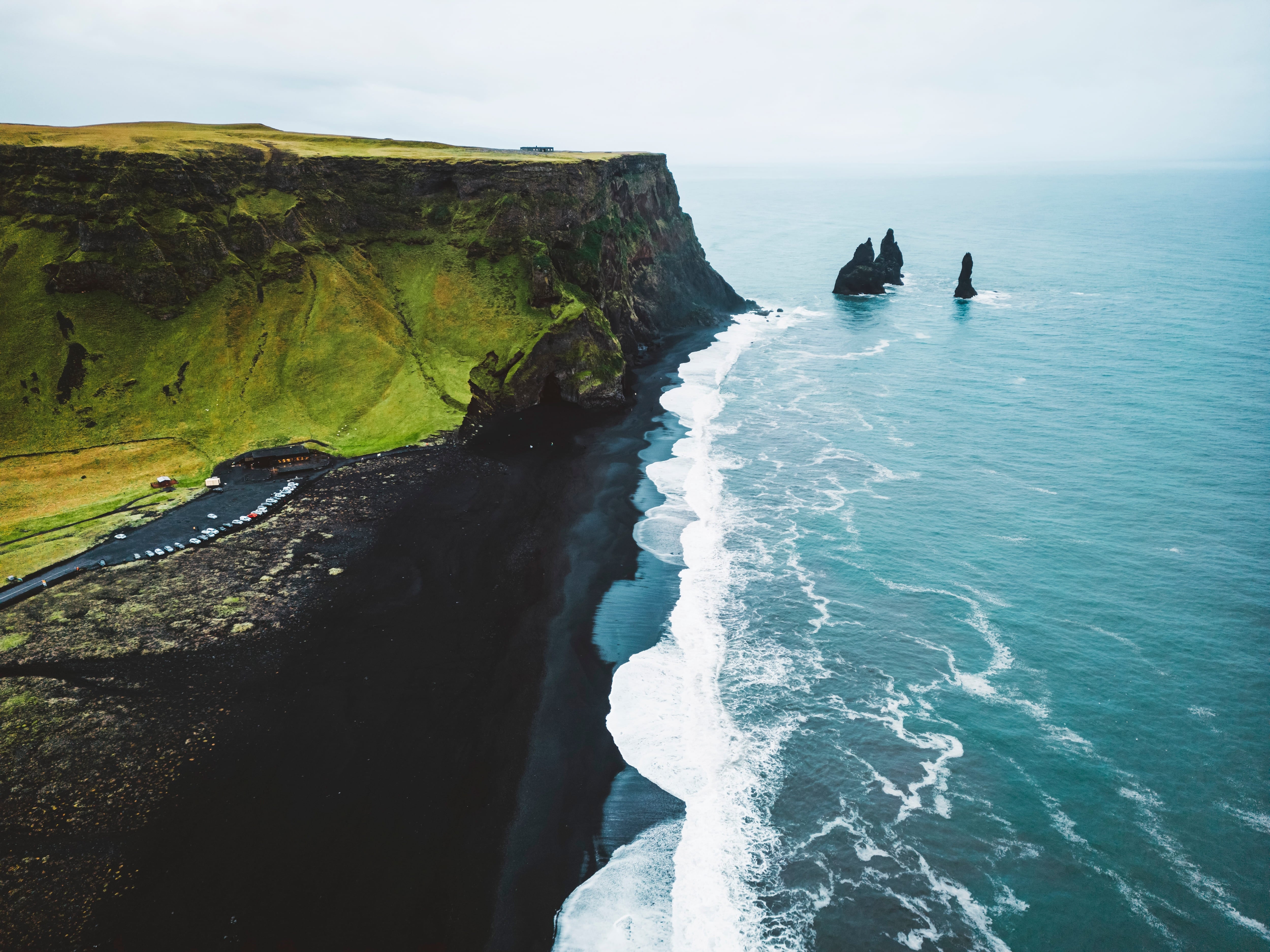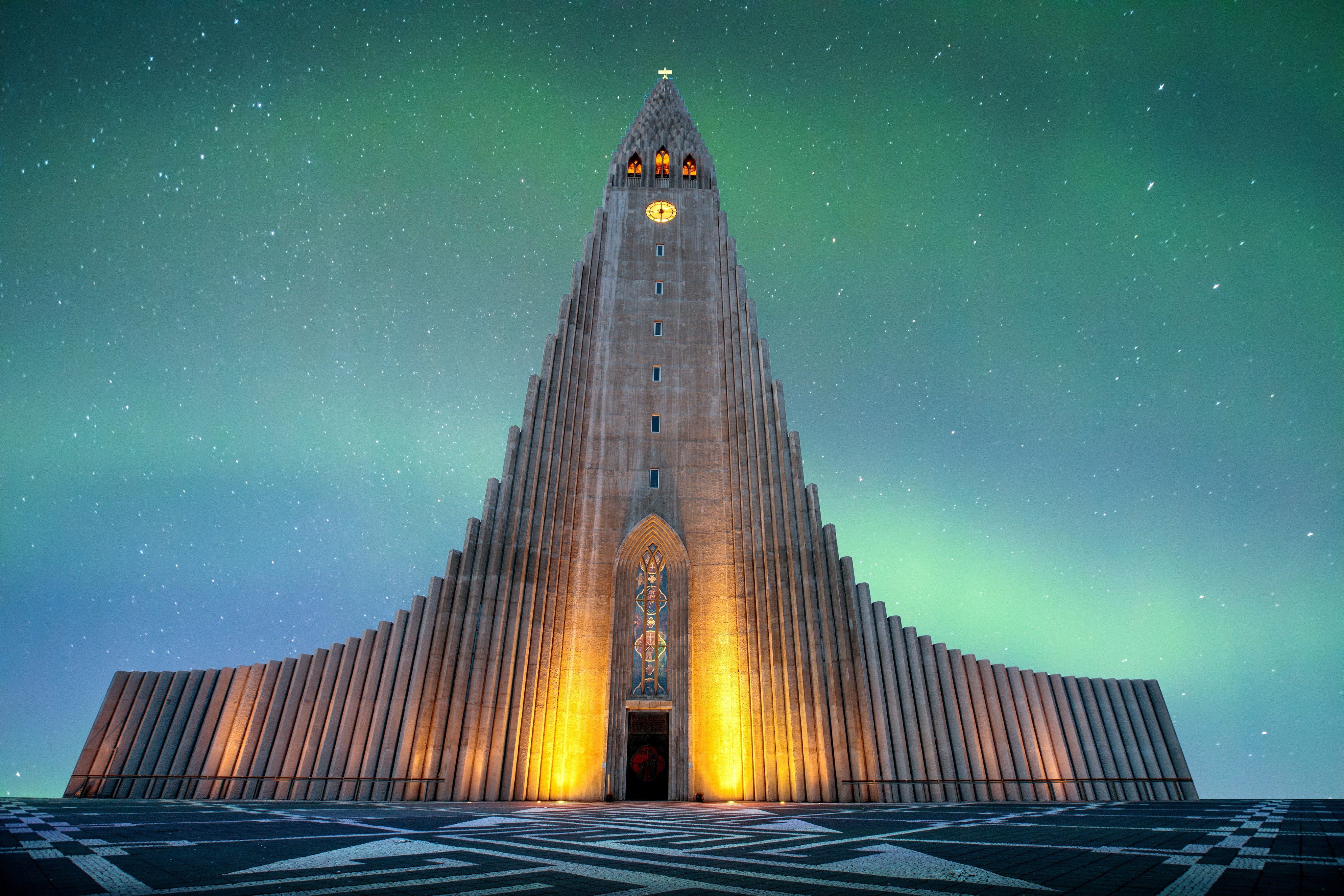
Sólheimar (“Home of the Sun”) is an eco-village in Southwest Iceland, in the municipality of Grímsnes og Grafningshreppur, and is famous for its devotion to community living, artistic ethics and sustainability.
Explore the Southern region of Iceland on a tour of the South Coast.
저희의 콘텐츠를 신뢰할 수 있는 이유
가이드투아이슬란드는 아이슬란드에서 가장 믿을 수 있는 여행 플랫폼으로, 매년 수백만 명의 여행객이 저희와 함께 아이슬란드를 방문합니다. 저희의 모든 콘텐츠는 아이슬란드를 누구보다 잘 아는 현지 전문가들이 작성하고 검토하므로, 정확하고 신뢰할 수 있는 최신 여행 정보만 제공합니다.
History of Sólheimar
Sólheimar was founded by Sesselja Sigmundsdottir on the 5th July 1930; inspired by both her Christian values and the anthropological musings of Austrian philosopher, Rudolf Steiner, Sesselja aimed to create a settlement based around the values of individualism, sustainable living and caring for those with learning difficulties.
Sólheimar first began as a foster home, with Sesselja moving to the property with her five fostered children. The land was purchased in March 1930 by the Childcare Committee of the Church of Iceland for 8000 ISK and leased out to Sesselja. Thankfully, the land—then known as Hverakot—was blessed with its very own hot spring, reinvigorating the potential for sustainable energy.
Before any buildings were constructed, the family lived in tents. The first building was erected as the first children with learning disabilities were introduced to Sólheimar in 1932. Sesselja Sigmundsdottir died in 1974 and is commemorated for her contribution to Icelandic environmentalism as the face of the 2002 Icelandic postage stamp.
Sólheimar Today
Currently, Sólheimar has an approximate population of 100 people, many of whom deal with learning difficulties. Every year, Sólheimar allows volunteers to come and help the community with their various environmentally-friendly projects, be it harvesting the year’s crops or helping residents with their day to day lives. Other projects ran by Sólheimar include harnessing geothermal energy, recycling and producing organic horticulture.
Today, the residents of Sólheimar still hold Sesselja’s values close to their hearts, though the village looks quite different today than at its founding. Now powered with thermal and solar energy, the village is fully sustainable, boasting a greenhouses, an arboretum, egg-laying facilities and forestry programmes.
Aside from the care the village provides, Sólheimar is also home to a great number of sustainable local businesses and workshops, including those dedicated to candle-making, carpentry, weaving, soap-making, arts and crafts. Sunna, Iceland’s largest provider of organic fruit and vegetables, also runs a shop at Sólheimar.
